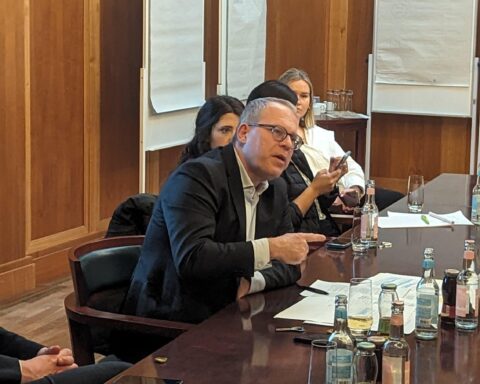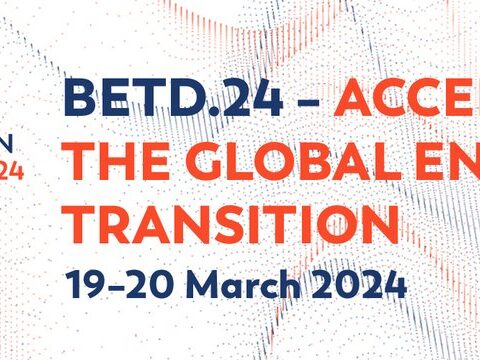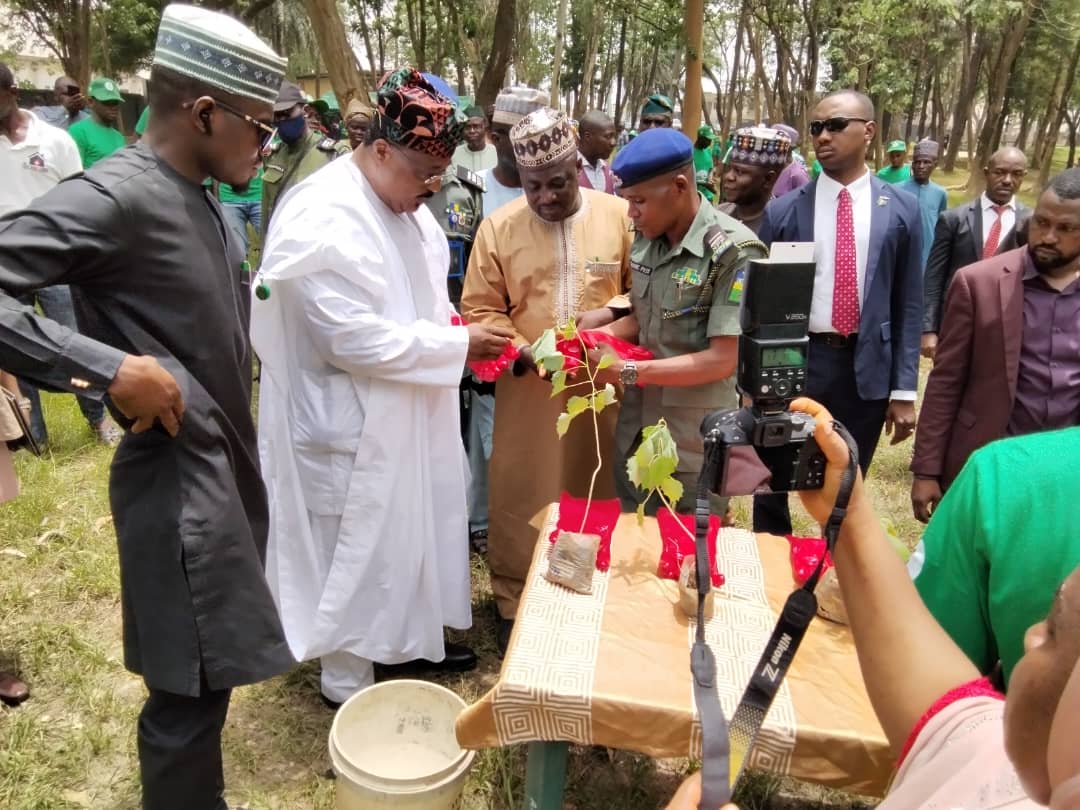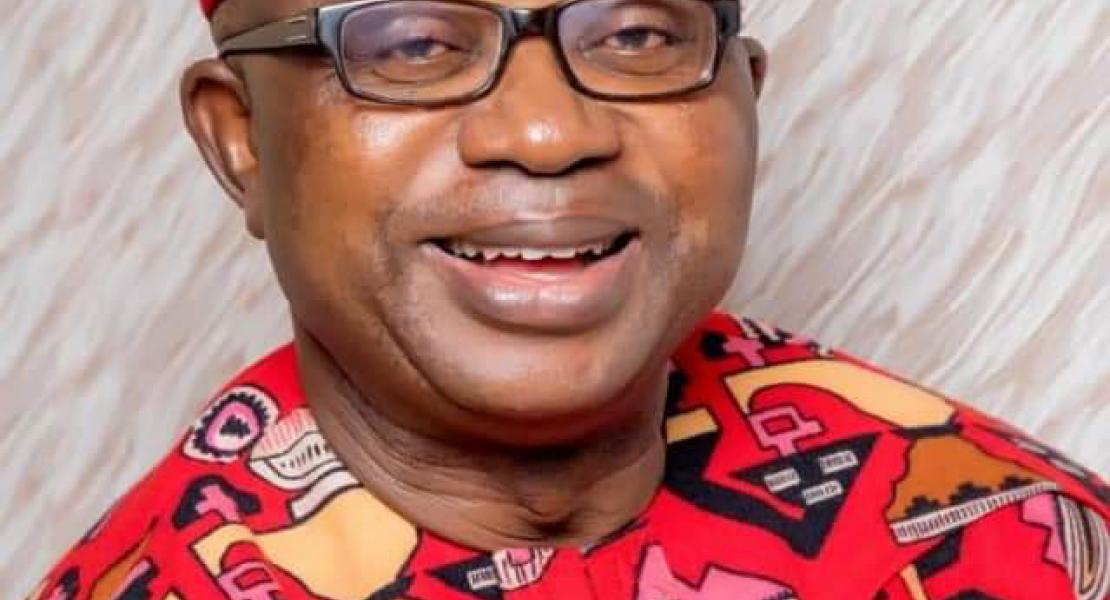In pursuit of a sustainable energy future, nations across the globe are navigating the intricate terrain of energy transition.
At the recent Berlin Energy Transition Dialogue (BETD), hosted by the German government, key insights and lessons emerged, illuminating a roadmap for countries to accelerate their journey towards renewable energy adoption.
As Nigeria grapples with its energy challenges, examining the German model offers valuable lessons and opportunities for informed decision-making.
Germany’s Renewable Energy Odyssey
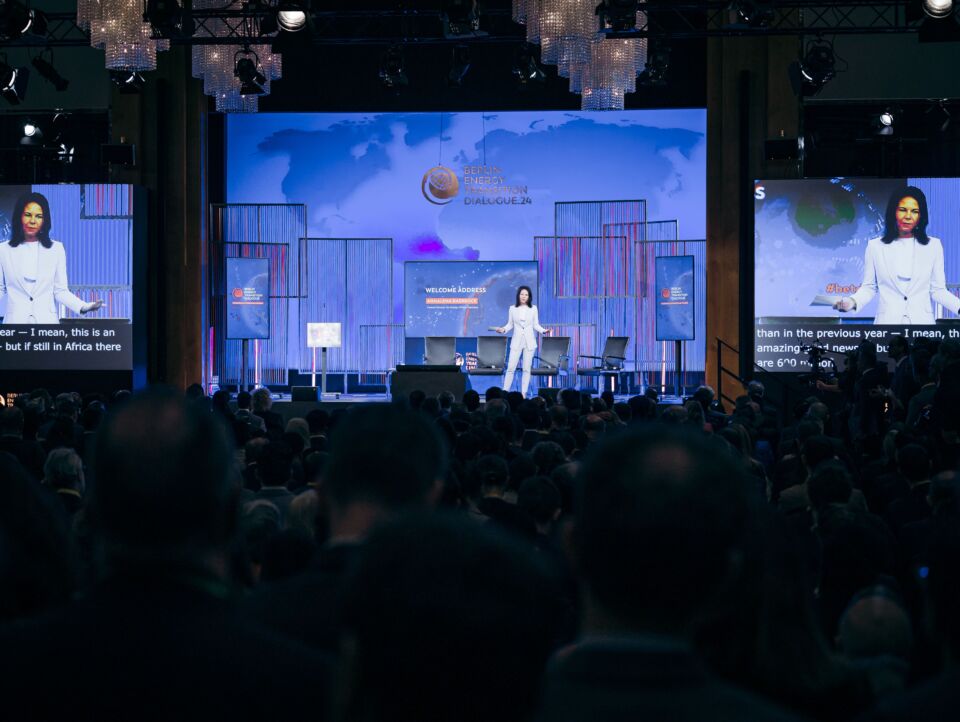
As a beacon of progress in renewable energy deployment, Germany has witnessed a remarkable transformation in its energy landscape.
Minister for the Economy, Robert Habeck, highlighted Germany’s strides in increasing its renewable energy capacity.
Since the inception of BETD in 2015, Germany has elevated its renewables share in the electricity system from approximately 30 to over 50 percent, with ambitions to reach 80 percent by 2030.
This trajectory underscores the feasibility of ambitious renewable energy targets and the importance of steadfast commitment to implementation.
Germany’s success in renewable energy expansion has bolstered its energy security and enhanced its economic resilience. Minister Habeck emphasized the country’s secure energy supply, even amidst challenges such as the disruption of Russian natural gas deliveries and volatile energy prices.
This stability has enabled Germany to shift its focus towards long-term energy policy objectives, demonstrating the intrinsic link between energy security and economic prosperity.
Lessons for Nigeria:
Germany’s trajectory underscores the pivotal role of strategic planning and resolute implementation in achieving energy transition objectives.
The country can draw inspiration from Germany’s approach by developing comprehensive, actionable plans tailored to its unique energy landscape and socio-economic context.
Nigeria possesses abundant renewable energy resources, yet harnessing this potential requires crafty planning, and concerted efforts toward integration, and grid modernization.
Learning from Germany’s experience, Nigeria can prioritize investments in renewable energy infrastructure, grid flexibility, and storage technologies to optimize renewable energy utilization and enhance energy reliability.
The German Economy Minister Habeck emphasized the importance of international cooperation in advancing the global energy transition agenda.
Nigeria can leverage partnerships with a country like Germany to access expertise, technology, and financing for renewable energy projects.
Collaborative initiatives can foster knowledge exchange, capacity-building, and innovation, accelerating Nigeria’s transition to a sustainable energy future.
Germany’s renewable energy transition has mitigated greenhouse gas emissions and catalyzed economic growth and job creation.
Nigeria can emulate this model by leveraging renewable energy deployment as a catalyst for economic diversification, industrial development, and inclusive growth.
Prioritizing renewable energy investments can unlock new opportunities across sectors, driving socio-economic development and resilience.
Germany’s emphasis on innovation and technology adoption underscores the importance of embracing cutting-edge solutions in energy transition efforts.
Nigeria can foster an enabling environment for innovation, research, and development in renewable energy technologies, fostering a culture of entrepreneurship and driving technological advancements.
Charting a Sustainable Energy Future
As Nigeria embarks on its energy transition journey, the lessons gleaned from Germany’s experience serve as guiding beacons illuminating the path forward.
By embracing strategic planning, renewable energy integration, international cooperation, economic diversification, and innovation, Nigeria can chart a sustainable energy future that enhances energy security, fosters economic prosperity, and safeguards the environment for generations to come.
Dare Akogun is an Ilorin-based broadcast journalist interested in environmental and Energy journalism. He attended the just concluded Berlin Energy Transition Dialogue. He can be reached on +2348077444871 or akogundare@gmail.com





